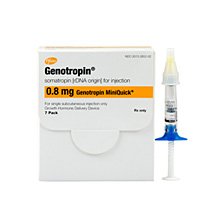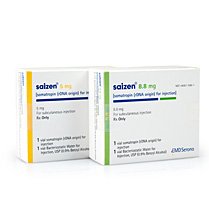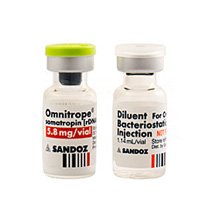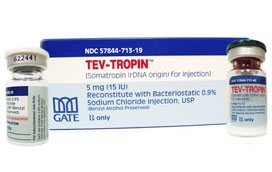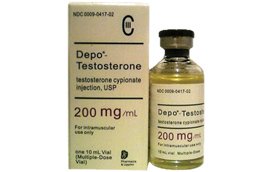Testosterone Therapy and High Blood Pressure

People with Low T have a greater risk of being diagnosed with high blood pressure. The younger a person is, the more in balance his or her hormone levels – and the healthier he or she will feel. As we age, certain hormones begin to decline, including testosterone. Research into testosterone therapy and high blood pressure has demonstrated that treating Low T can help to restore a healthy blood pressure.
Also known as hypertension, high blood pressure can lead to strokes, heart attacks, fatigue, and other health conditions. We do not always see the warning signs of silent problems until it is too late, and by the time symptoms associated with hypertension appear this may have been going on for years.
Can testosterone therapy cause high blood pressure?
It was once a belief that testosterone therapy could lead to high blood pressure and heart disease. Numerous studies have proven otherwise. In fact, instead of testosterone replacement causing high blood pressure, the opposite is true – TRT can help to lower blood pressure levels.
Part of the reason science once believed that testosterone replacement therapy caused high blood pressure was the other issues that went along with people having hypertension, such as:
- Sleep Apnea
- Weight Gain
- High Cholesterol
There is a condition called metabolic syndrome that encompasses the following health issues:
- Excess fat around the abdominal region
- High blood sugar
- High LDL cholesterol and triglyceride levels
- Increased blood pressure
These symptoms together increase a person’s risk of developing heart disease, diabetes, atherosclerosis, and more. If you have excess fat around your midsection and have been told that you snore or have high LDL cholesterol levels, or are fatigued, notice the need for frequent urination, are always thirsty, or have blurred vision, these are all warning signs that a progression has occurred.
Instead of worrying about testosterone therapy causing high blood pressure, it is more important to look at how low testosterone can lead to these problems as that may be the real culprit.
With age comes a natural decline in testosterone levels decline. Since testosterone plays a role in red blood cell production, sound sleep, metabolism, and cholesterol, it is easy to see how the heart can be involved. People with Low T have low exercise capacity, muscle and bone loss, and increased stress levels as well as feelings of depression. It is important to treat the situation directly by addressing Low T with testosterone replacement therapy.
How Testosterone Therapy Can Lower Blood Pressure
In a Science Daily report in 2012, it was shown that HRT – hormone replacement therapy – for men with testosterone deficiency had a significant improvement on the symptoms associated with metabolic syndrome. When looking at testosterone treatment and high blood pressure, the report found that the prevalence of metabolic syndrome declined from 56 to 30 percent following 57 months of testosterone replacement medication. Average waist circumference was reduced by 11 centimeters. Blood sugar, triglycerides, and blood pressure levels also saw significant declines.
When a person gains weight, that extra fat puts added stress on the heart. Increased weight is often due to the body’s inability to process food for energy when the metabolism is not working properly. Since the metabolism relies on chemicals such as testosterone and growth hormone (which also tends to decline around the same time) a deficiency in these substances can lead to the weight gain that affects the heart and blood pressure.
The more we learn about testosterone deficiency, testosterone therapy, and high blood pressure being connected, the better able we are to treat the problem rather than just the symptom.
Leg pains are another problem for people with low levels of testosterone. A number of issues could be the cause, including:
- Poor circulation due to a decrease in red blood cell production
- Reduced bone density leading to stiffness and joint pains
- Loss of lean muscle mass to support the body’s skeletal system
- Weight gain putting pressure on the knees, ankles, and hips
- High blood pressure
To see benefits from testosterone replacement therapy and high blood pressure decline, you will need to speak with a hormone specialist about your concerns and personal situation. Here at Greenberg Health, hormone replacement is our specialty. We offer free consultations by phone to men and women throughout the US who are concerned that some form of hormonal imbalance is affecting their health and life. Complete the short form below or call us at 877-925-5577 to speak with a hormone specialist.


















 Norditropin
Norditropin